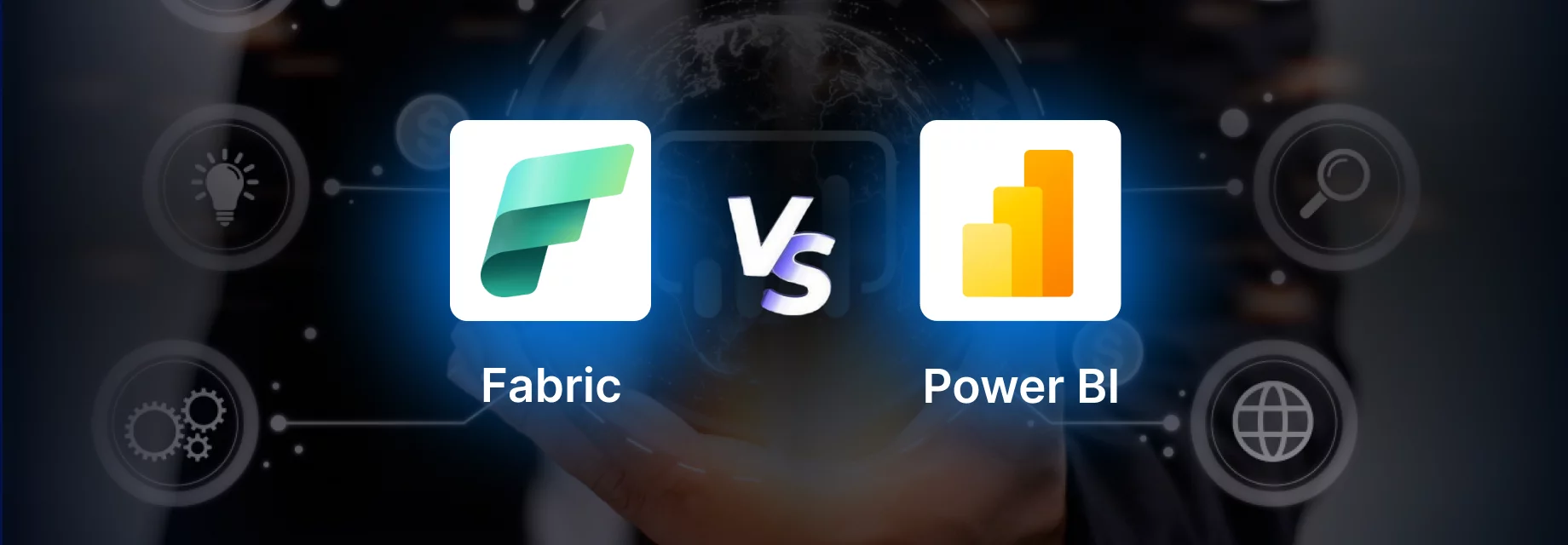The health tech market is booming. While medicine is a difficult area in terms of tech adoption, we are already seeing progress – from health records digitization to telemedicine payments and VR training for those aspiring to be surgeons. In fact, health-tech has achieved record high in investments and thus continues to be a market ripe for startups.
Is Medical App for Doctors a great start-up idea?
The health tech industry is experiencing a period of unprecedented growth and momentum. Fueled by substantial investments and groundbreaking innovations, the sector is poised to revolutionize healthcare delivery and patient outcomes.
Biopharma, in particular is leading the charge. With a record-breaking number of $100 million+ deals in the first half of 2024, investors are demonstrating unwavering confidence in the sector’s potential to develop life-changing therapies. This surge in investment is indicative of the immense opportunities available for biopharma companies to address unmet medical needs and improve patient lives.
Beyond biopharma, the broader healthcare ecosystem is also thriving. A remarkable 89% of US venture capital funds focused on healthcare achieved their fundraising targets in the first half of 2024, demonstrating strong investor interest in the sector’s overall growth prospects. While valuation metrics may have adjusted slightly from peak levels, this healthy correction reflects a maturing market with a solid foundation for sustained growth.
Key trends driving this positive trajectory include:
- Unprecedented biopharma investment: The sector’s rapid growth is attracting significant capital and talent.
- Strong venture capital fundraising: Robust investor interest is fueling innovation across the healthcare ecosystem.
- Maturing market: The industry is consolidating gains and building a sustainable growth trajectory.
- Focus on patient outcomes: A shared commitment to improving patient care is driving innovation and investment.
As the health tech industry continues to evolve, the future holds immense promise for both investors and patients. With a strong foundation of innovation, investment, and a patient-centric focus, the sector is well-positioned to deliver transformative solutions and improve lives worldwide.
It should be noted that not more than 10% of relevant medical apps can claim of having most useful features that patient really need such as –
- reminder about visit; reminder about prescription
- monitoring of doctor’s schedule
- change, reserve or reject the doctor’s prescription
- access to electronic medical documents
- access to laboratory tests’ results
- make a request for treatment prescription
- upload X-Ray images, test results and ultrasonography, MRI etc.
- get doctor’s help online
- peruse doctors’ profiles, their credentials, records, publications etc
- maps that display the direction to the hospital or ward
Given the industry’s rapid expansion and the increasing demand for accessible healthcare solutions, developing a medical app can indeed be a promising startup idea. However, thorough market research, a deep understanding of user needs, and a robust business plan are essential for success.
What factors to consider before you start to develop an app for finding doctors?
Before initiating the development of the app, there are few factors that one should consider like for e.g. target market and competition. Here are few questions that you need to answer beforehand.
How will you manage the doctor’s listings?
To start with, you should determine what app type you need to develop. It can either type of doctor appointment app –
a) If you require a common app that can be used by all doctors and clinics, you should have a database of doctors. To get access to this database, you need to settle this issue with a healthcare organization in your country/state. If they have a good database, then you should explain the objective of the app and why it will be useful and sign the documents that you undertake to comply with federal regulations concerning medical information protection and non-disclosure of the data to third-parties.
b) A medical app created for a specific network of clinics. Here you need to ask doctors to provide their personal data as well as documents verifying their qualifications. Afterwards, the goal is to create the database on the server that will be developed as per client’s request. There are three ways how you can supplement the database with doctors –
i) Option number one is where the doctor themselves register on the app. They can indicate their personal data, location and their business hours. Then a registered patient can contact this doctor.
ii) The second option is allotting a person in charge (admin) who registers the doctors (who want to register in the app via admin panel). The admin panel offers a doctor with an account. Afterwards, everything is implemented according to the scenario as in option one.
iii) In case there is a ready-made file with the doctor’s details, a script can be written which will export records from this file and import them to the database.
Advice – The best option is to go for option number one. This is because even if healthcare organization offers you details of doctors, it will be better for them to register on their own. The availability of a doctor’s data doesn’t mean that this particular doctor knows about his/her participation in your app. So, you’d better create medical apps for patients and doctors where both will register themselves.
How will you verify medical license?
One of the most important part to consider is verifying medical license that all doctors must have. Registration must be impossible if they don’t upload the scan of their license and diploma. The verification process can be done with a special algorithm that verifies the license by its ID number.
What are the areas you plan to target?
One of the main factors to consider while developing a medical app is to choose your targeted area. Asides from attracting users to sign up for your app, you will need to sign on practitioners they can opt to book. Starting locally, then gradually expand geographically, afterward may be the optimal way for the smaller businesses.
iOS or Android first?
This factor is an essential question when developing any type of app. The answer will be dependent on the gadget’s popularity in usage in the region you wish to target.
Will you need to develop web app as well?
This partially depends upon your budget. Although you will require a connected admin panel to handle all the in-app info and send booking requests to the doctor’s office, having a separate web app is not essential if you are just starting out.
What are the essential features that a medical app should incorporate?
For developing a medical app which has a sole purpose of finding doctors or making appointment, you should have the following features incorporated into the app –
- Geolocation module – Determines the user’s current location. If you want to implement routing functionality to recommend the optimal way to get to the doctor’s office.
- Search option refined with diverse criteria – Enables user to filter option by type of doctor/ specialists, preferable time/date, location, price range and supported insurance
- Doctor’s profile and listing – These should include name, picture, specialty, address, current user rating and working hours/ appointment availability hours. Additional information like the education, service available, professional bio and professional certifications can also be included.
- Reviews- Space for comments and ratings left by users after their visit. A follow-up can be issued with a quick push message reminder in order to increase the number of ratings.
- Map view of all the available doctors to review all the specialists available based on the proximity.
- Booking appointment with a click – users can input only the essential information such as symptoms, their full name and contact number and then make a request for treatment prescription or doctor’s help online.
- In app payment – enables user to pay right away with integrated payment system
A Case Study
Intelegain has provided customers appointment app development services from diverse industry verticals like – travel, accommodation, and healthcare.
In this case, Intelegain was commissioned to create a ‘doctor appointment app’ which can provide patients a way to easily book an appointment with their chosen doctor.
Intelegain’s solution
Intelegain’s team of developers created a doctor appointment app that is platform-independent and runs on both Android and iOS. Its features include –
- A wide variety of doctors to book an appointment – for e.g. OB-GYN, Pediatrics, Optometrist, General physician etc.
- A database of 90,000 and more doctors to choose from
- Separate profile pages for patients and clinics
- Patient health information storage on-the-go via app
- Patient reviews option
- Appointment reminder messaging via SMS
- Quick and easy access to doctors
Concluding Thoughts
The health tech landscape is ripe with opportunities for innovative medical apps. By understanding and addressing specific user needs, medical apps can significantly enhance healthcare accessibility, efficiency, and patient outcomes.
Just like any successful product or service, a medical app must prioritize user experience and trust. Building a strong foundation of user trust through reliable performance, data security, and clear communication is paramount. By delivering a solution that simplifies lives, improves health, or provides a superior service compared to competitors, medical apps can carve a successful niche in the market.
Ultimately, the key to a thriving medical app lies in its ability to genuinely improve people’s lives.
Would you like to explore specific ideas for a medical app, or delve deeper into the challenges and opportunities within this space?










